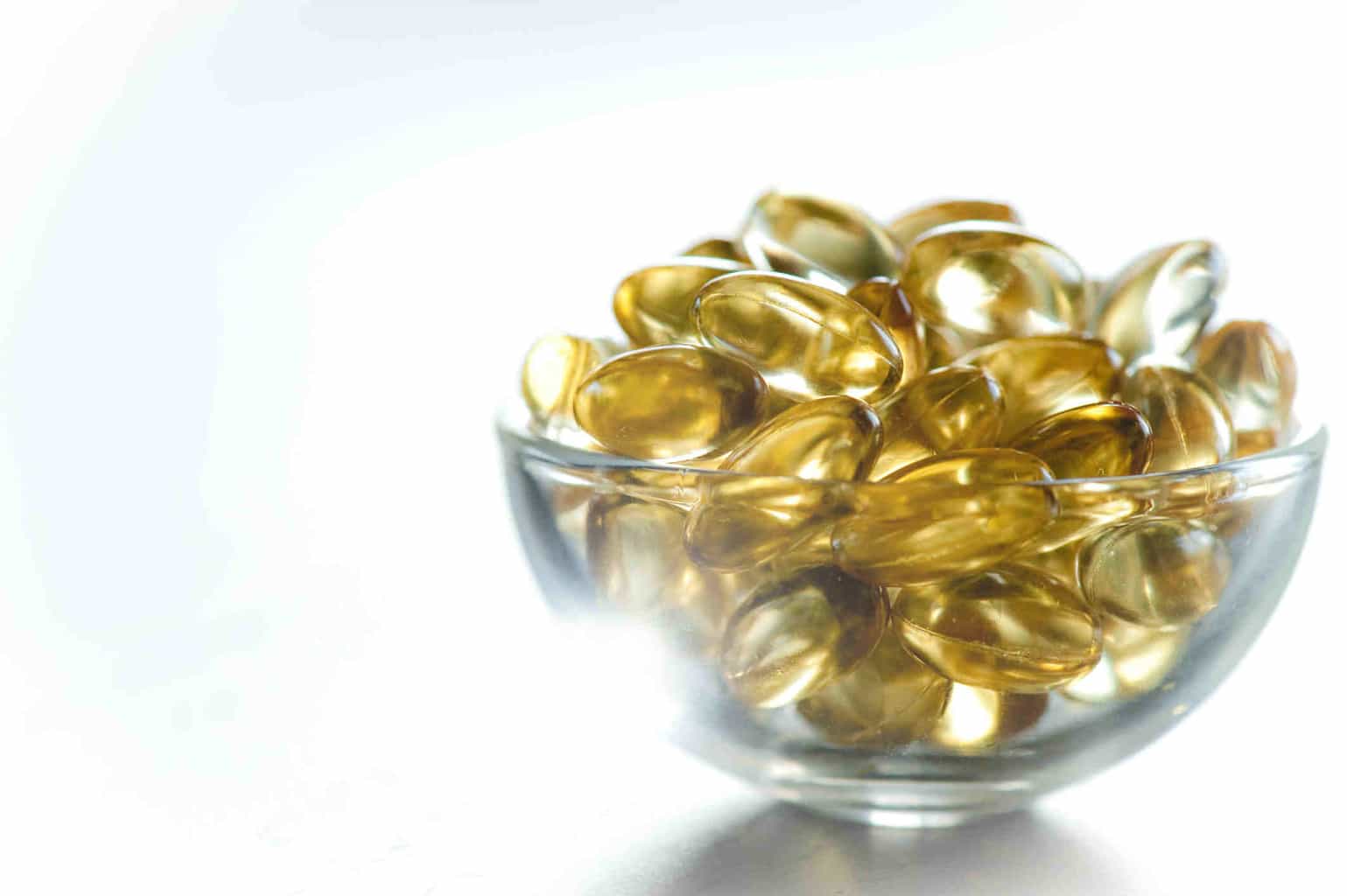
[cmamad id=”11470″ align=”center” tabid=”display-desktop” mobid=”display-desktop” stg=””]
People are constantly advised to take vitamin E by some really good doctors.
These doctors are smart enough to recognize the value of vitamin E.
At one time, we thought that vitamin E was simply an antioxidant.
But since then research discovered that vitamin E is a very important and powerful chemical.
It’s necessary for many of the bodies internal processes.
One of the most important vitamin E health benefits is it helps the body deal with polyunsaturated fatty acids (PUFAs).
Yet many studies conducted done on vitamin E have not shown a huge health benefit.
Some researchers feel that the vitamin E used in the studies was the wrong kind or the dosages were too low.
But another reason has emerged that I think is probably more accurate.
I think that when you take vitamin E, and you do not take vitamin K2, you may be creating an imbalance in the body.
[cmamad id=”11471″ align=”center” tabid=”display-desktop” mobid=”display-desktop” stg=””]
And this imbalance negates a lot of the benefit of vitamin E.

In this rat study they determined that when rats received supplemental vitamin E, the vitamin K levels in their tissues was too low.
There are several kinds of vitamin K, but all were very low in rats that had the supplemental vitamin E in their diet.
Phylloquinone concentrations were lower in the vitamin E-supplemented.
Similar results were noted with menaquinone-4 concentrations in response to vitamin E supplementation.
Phylloquinone is better known as vitamin K.
It is quite easy to get in leafy green vegetables and if you eat a bit of calf or lamb liver.
Menaquinone-4 is vitamin K2.
It is difficult to get sufficient quantities in any food other than fermented soybeans.
The body can create its own vitamin K2 — if you are healthy, you don’t have to worry about getting enough.
But if you supplement with vitamin E, chances are you are very low in vitamin K2 and vitamin K.
This also highlights the importance of taking vitamins together and in the right balance.
In my experience, most commercial vitamins are the wrong type, the wrong dosages, or the wrong balance.
This is why I advocate taking supplements separately and taking the right amounts.
Also, the best thing of all is to get all the nutrition you need from good quality food.
Because food not only contains the right nutritional compounds in the right amounts, but it also contains many other nutritional factors.
And we don’t know anything about many of these — but which are probably necessary.
If you eat calves liver or lambs liver frequently, you will get generous amounts of vitamin K, vitamin A, and also some vitamin D.
Vitamin D is difficult to get in sufficient quantities from food.
So, vitamin D is one of the few things that may pay to supplement.
But if you do supplement, take care to consume vitamin K2 as well.

https://www.ncbi.nlm.nih.gov/pmc/articles/PMC1544331/

Leave a Reply